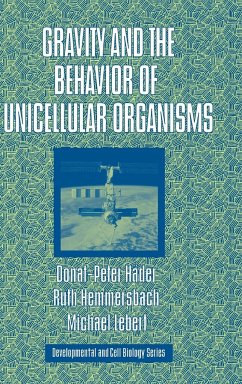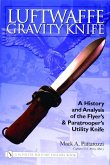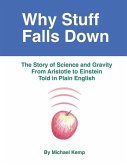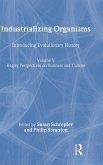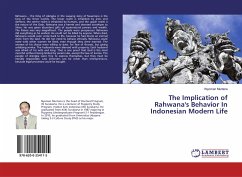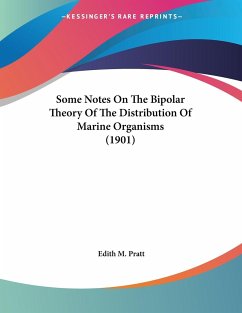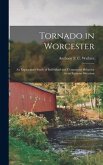Short description/annotation
Comprehensive overview of sensory perception and effects in unicellular organanisms for biologists and space scientists.
Main description
Unicellular organisms use gravity as an environmental guide to reach and stay in regions optimal for their growth and reproduction. These single cells play a significant role in food webs and these factors together make the effects of gravity on unicellular organisms a fascinating and important subject for scientific study. In addition, they present valuable model systems for studying the mechanisms of gravity perception, a topic of increasing interest in these days of experimentation in space. This book reveals how single cells achieve the same sensoric capacity as multicellular organisms like plants or animals. It reviews the field, discussing the historical background, ecological significance and related physiology of unicellular organisms, as well as various experimental techniques and models with which to study them. Those working on the biology of unicellular organisms, as well as in related areas of gravitational and space science will find this book of value.
Table of contents:
1. Introduction; 2. Methods in gravitational biology; 3. Image analysis; 4. Fluorescence imaging; 5. Ciliates; 6. Flagellates; 7. Other organisms; 8. Responses to other stimuli; 9. Energetics; 10. Models for graviperception; 11. Evolutionary aspects of gravisensing: from bacteria to men; 12. Perspectives.
Hinweis: Dieser Artikel kann nur an eine deutsche Lieferadresse ausgeliefert werden.
Comprehensive overview of sensory perception and effects in unicellular organanisms for biologists and space scientists.
Main description
Unicellular organisms use gravity as an environmental guide to reach and stay in regions optimal for their growth and reproduction. These single cells play a significant role in food webs and these factors together make the effects of gravity on unicellular organisms a fascinating and important subject for scientific study. In addition, they present valuable model systems for studying the mechanisms of gravity perception, a topic of increasing interest in these days of experimentation in space. This book reveals how single cells achieve the same sensoric capacity as multicellular organisms like plants or animals. It reviews the field, discussing the historical background, ecological significance and related physiology of unicellular organisms, as well as various experimental techniques and models with which to study them. Those working on the biology of unicellular organisms, as well as in related areas of gravitational and space science will find this book of value.
Table of contents:
1. Introduction; 2. Methods in gravitational biology; 3. Image analysis; 4. Fluorescence imaging; 5. Ciliates; 6. Flagellates; 7. Other organisms; 8. Responses to other stimuli; 9. Energetics; 10. Models for graviperception; 11. Evolutionary aspects of gravisensing: from bacteria to men; 12. Perspectives.
Hinweis: Dieser Artikel kann nur an eine deutsche Lieferadresse ausgeliefert werden.

